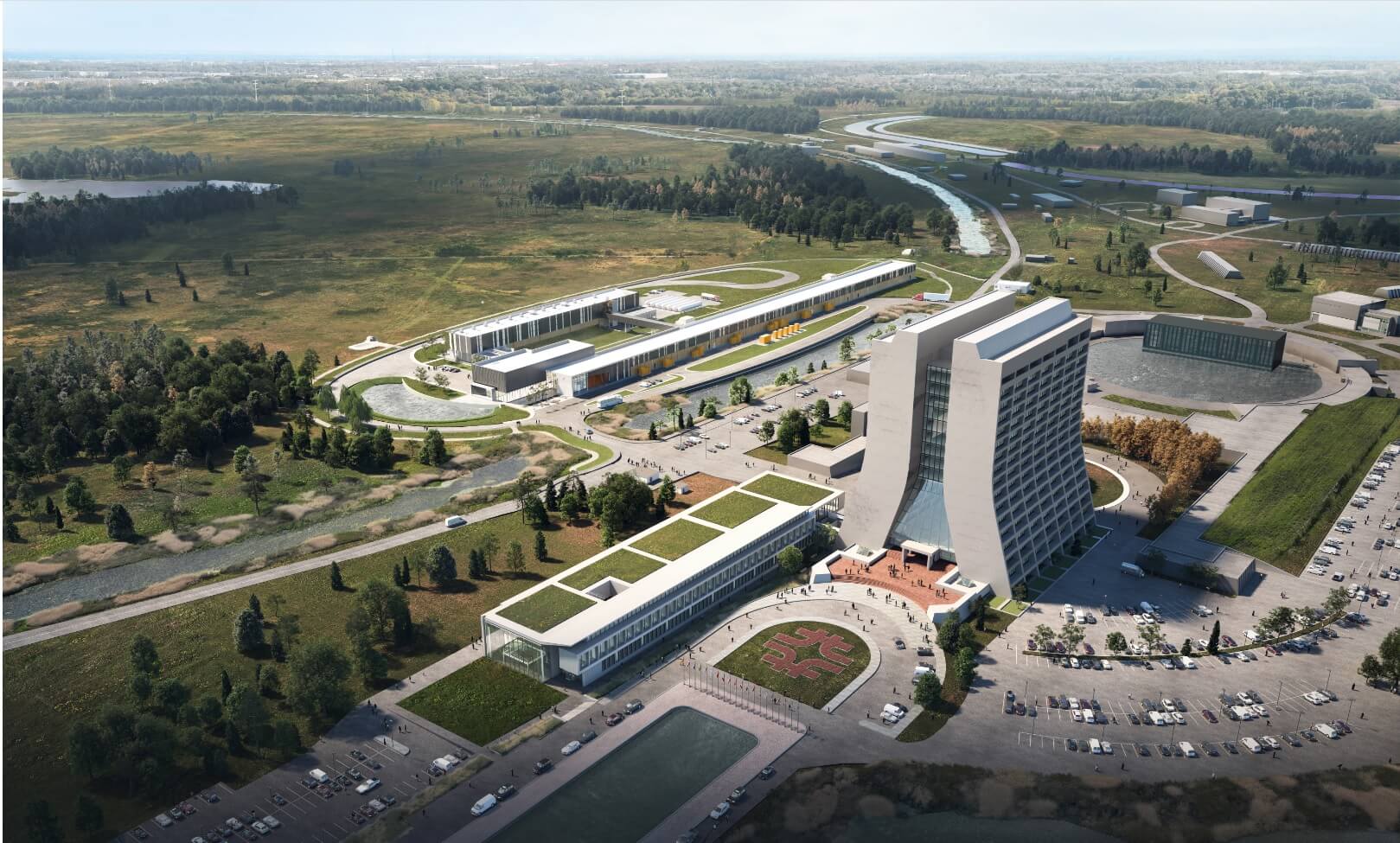The upgrade is expected to last several years and will include the construction of a new building to house the upgraded accelerator. Permilab is also planning to build a new particle detector, which will be used to study the particles produced by the Tevatron.

Fermilab, a particle physics laboratory located in Illinois, is planning a significant upgrade to its particle accelerator, the Tevatron, in order to keep pace with the latest research in particle physics (and of course in light of the enormous progress of research in the particle accelerator in the axis, which underwent several upgrades during that period).
The Tevatron was a major source of discoveries in the field, including the discovery of the top quark in 1995, but it has been inactive since 2011. The upgrade will allow the Tevatron to produce more intense and focused beams of particles, which may help researchers discover new phenomena in particle physics.
The upgrade is part of a larger plan by 'Permilab' to maintain its position as a leading center for research in particle physics. However, the upgrade is not without controversy. Some researchers have criticized Permilab for focusing on the Tevatron, rather than investing in newer technologies, such as high-energy electron collisions. Critics argue that electron colliders are better suited for studying certain types of particles and interactions, and that upgrading the Tevatron could be a waste of resources.
Despite the criticism, 'Permilab' is moving forward with the 'Tevatron' upgrade, the cost of which is estimated at 500 million dollars. The upgrade is expected to last several years and will include the construction of a new building to house the upgraded accelerator. Permilab is also planning to build a new particle detector, which will be used to study the particles produced by the Tevatron.
The Tevatron upgrade is just one part of Permilab's larger plan to maintain its position as a leading center for particle physics research. Permilab is also involved in the development of several new technologies, including high-energy electron collisions and advanced particle detectors. Despite the controversy surrounding the Tevatron upgrade, many researchers believe that Permilab has an important role in the future of research in particle physics.
More of the topic in Hayadan:More of the topic in Hayadan:
- The Tevatron particle accelerator in Chicago has closed for good. The Higgs boson will have to wait for its discovery at CERN
- Permilab: We discovered clues to new physics
- Higgs boson is getting closer: Premilab scientists claim to have narrowed the search range. Tomorrow an announcement is expected at the particle accelerator at CERN
- The particle accelerator in the axle works at one-seventh of its power, but this is enough to break the record for the power of particle accelerators belonging to Primilab
